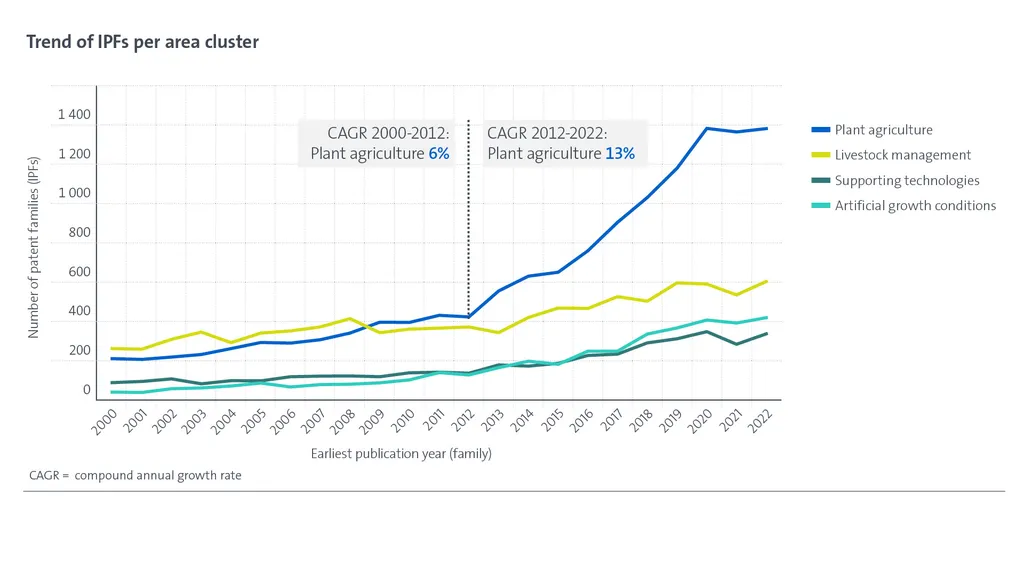In the heart of modern agriculture, a quiet revolution is taking place, one that harmonizes economic viability with environmental stewardship and social responsibility. At the forefront of this movement is Trajko Miceski, whose recent paper, “Some Aspects of Management of Sustainable Development in Agriculture,” published in the *Journal of Agriculture and Plant Sciences* (translated from Macedonian), offers a compelling roadmap for the future of farming.
Miceski’s research underscores that sustainable agriculture is not just about yielding crops; it’s about creating a system that is economically robust, environmentally conscious, and socially equitable. “Economically powerful agriculture implies application of new methods of economy, which also provides protection of the environment,” Miceski asserts. This dual focus on profitability and sustainability is a paradigm shift for an industry often torn between the two.
The paper delves into the critical aspects of sustainable agriculture, highlighting the need for rational use of natural resources, optimal application of fertilizers and agrochemicals, and a commitment to environmental care. Miceski’s work emphasizes that social responsibility in agriculture is not just about the workers but also about their motivation and dedication to producing ecologically clean products. “Social responsibility is aimed toward engagement of agricultural workers, their motivation and dedication to ecologically clean agricultural production,” he notes.
One of the most thought-provoking aspects of Miceski’s research is its focus on eco-ethics, a principle that extends to soil cultivation, crop breeding, animal treatment, and environmental care. This holistic approach challenges the traditional siloed thinking in agriculture and paves the way for a more integrated and sustainable future.
The commercial impacts of this research are profound, particularly for the energy sector. As agriculture becomes more sustainable, it reduces its carbon footprint and energy consumption, creating opportunities for renewable energy integration. Farmers adopting these practices could see long-term cost savings and increased resilience to climate change, making their operations more attractive to investors and consumers alike.
Miceski’s work is a call to action for the agricultural community to embrace a more sustainable and ethical approach. As the world grapples with climate change and resource depletion, his research offers a beacon of hope and a practical guide for the future. “This paper determines the courses of the sustainable development of agricultural production,” Miceski concludes, setting the stage for a new era in farming that is as kind to the planet as it is profitable.
In an industry ripe for innovation, Miceski’s insights could shape the future of agriculture, driving it towards a more sustainable and equitable path. As the world watches, the agricultural sector stands at a crossroads, with the potential to lead the way in sustainable development.

